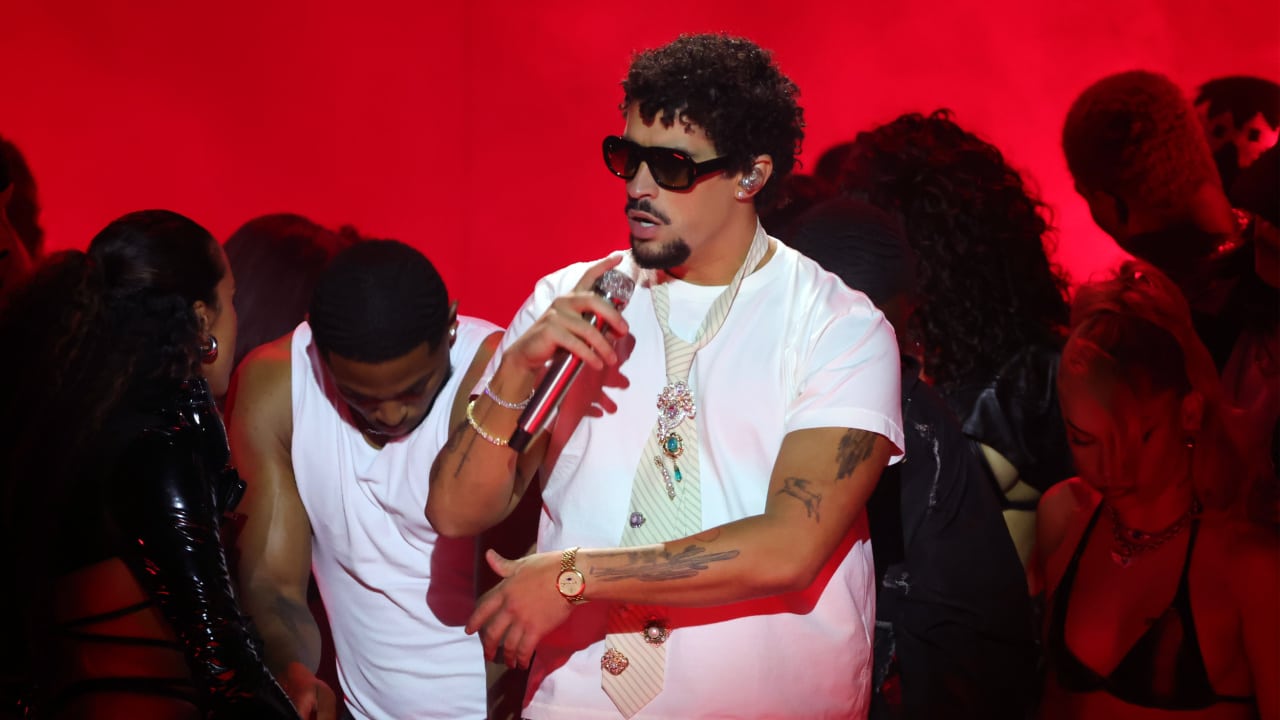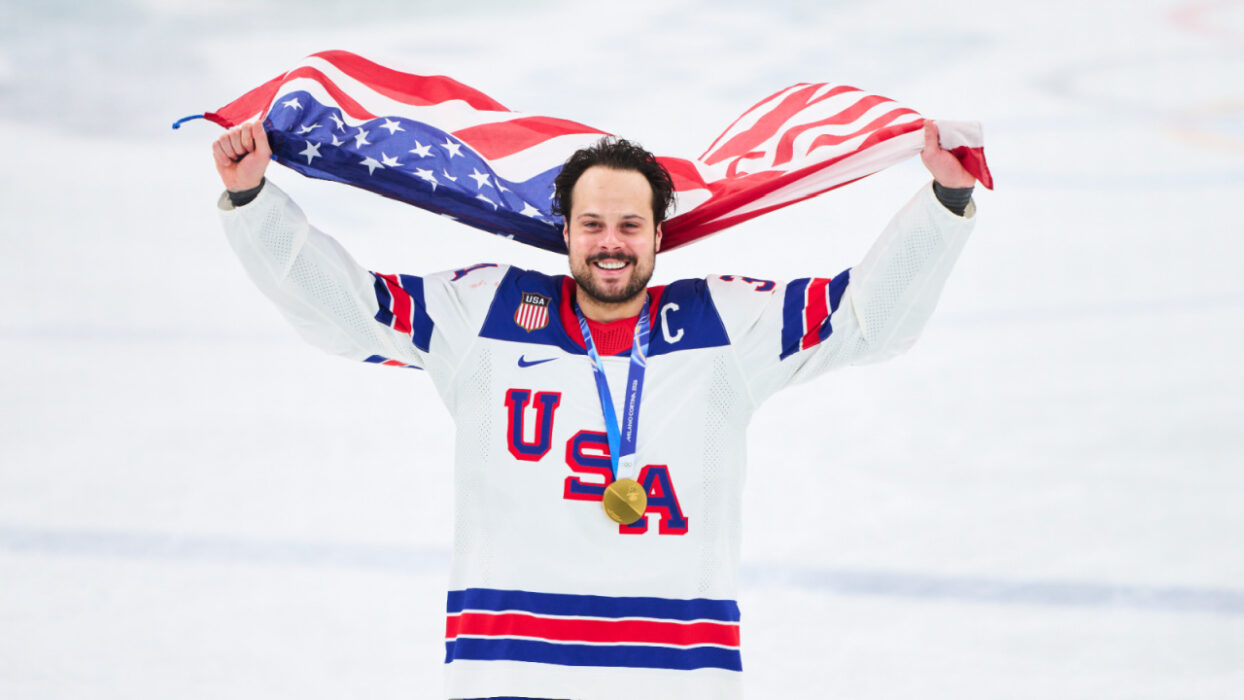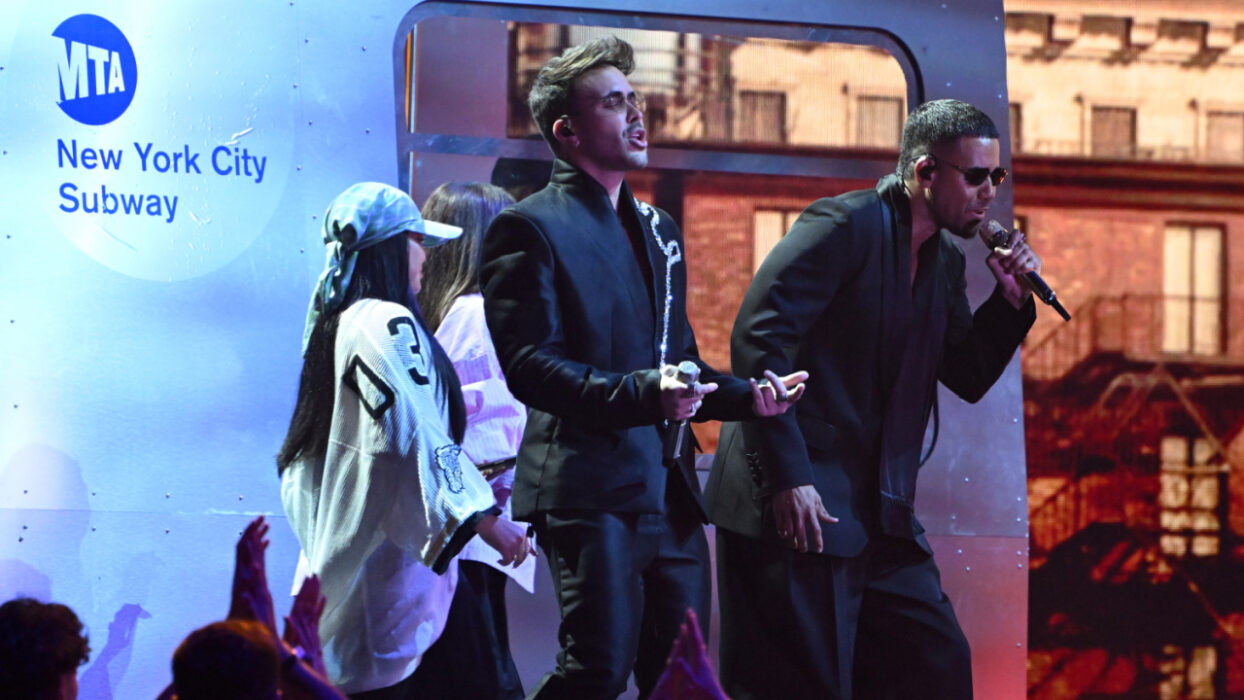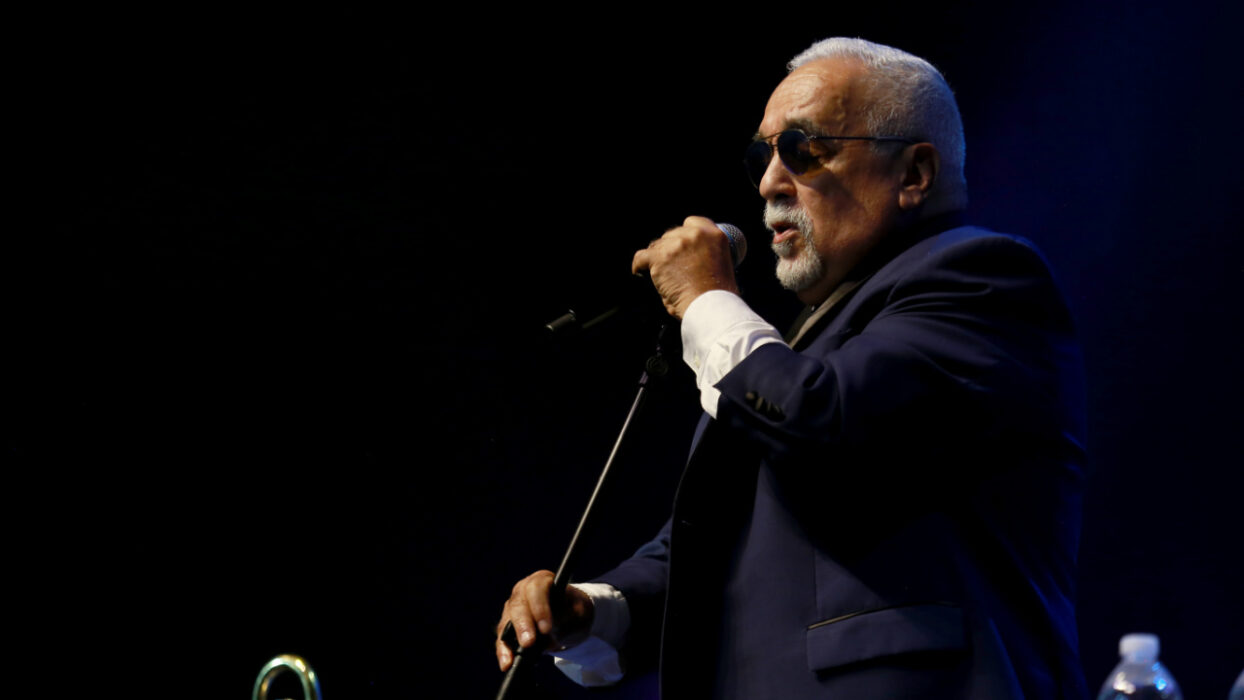
WATCH: Bad Bunny Just Turned Tiny Desk Into a Love Letter to Puerto Rico
Surrounded by real instruments and seven masterful musicians, Bad Bunny delivered one of the most intimate performances of his career at NPR’s Tiny Desk. The reggaetón icon, known for breaking rules and records, broke expectations instead—bringing salsa, lelolai, and plena to the nation’s capital in a set that felt like a sonic altar to Puerto Rico.
For those who still think urban music can’t thrive live and unplugged, Benito proved them wrong. He transported viewers straight to the plaza in his hometown, powered by solos on the Puerto Rican tiple and cuatro. The stripped-down but emotionally rich setup placed real Caribbean music front and center.
And yes—he literally sat at a school desk. “I don’t know whose idea it was to put me at this desk,” he joked. “It was a good idea, and it was mine, but I’m regretting it.”
Bad Bunny’s Tiny Desk turned cultural manifesto
The performance opened with “Pitorro de Coco” and “Voy a llevarte pa PR” in the traditional Tiny set, anchored by Puerto Rican instruments: congas, bongos, güícharo, tiple, bass, and piano.
Between songs, Benito told stories. Before playing “LO QUE LE PASÓ A HAWAii,” he said he dreamt the song—literally. “It was a song that I dreamed,” he said. “I got up and said ‘I want to go back to sleep’. I tried to go back to sleep, but the song wouldn’t let me, so I got up, wrote it down from top to bottom, and when I’d finished writing it down, I went back to sleep.”
Bad Bunny’s Tiny Desk brought salsa, plena, and protest to NPR
Benito isn’t new to blending Latin genres into his music, but this performance went deeper. As NPR’s Anamaria Artemisa Sayre noted, Bad Bunny wielded the power of generations of Puerto Ricans “who have strummed chords and hummed lelolai to keep the culture alive.” With each arrangement, Benito honored those roots—and played to win.
The performance included a dizzying array of solos: bongo, tiple, bass, conga, and piano. In full La Fania style, he took time to introduce his band—Luis Sanz, Fabiola Méndez, Emanuel Santana, Julito Gastón, Krystal Santana, Luis Amed Irizarry, and Jay Anthony—all of whom gave the performance its emotional weight.
But Benito didn’t stop at music. He also spoke about Puerto Rican identity, colonization, and what it means to represent an island that can’t vote for the U.S. president. “Puerto Ricans cannot vote for the president,” he said, “but we have to obey the president’s orders.”
Did he really rehearse in front of the White House?
At one point, Bad Bunny joked about rehearsing his set in front of the White House—because no one had offered a rehearsal space. Half joking, half serious, Benito said a man walked by, impressed by the music, and asked if they were from Puerto Rico. “It’s incredible,” the man said, “that after a hundred years of colonization you keep your culture, your language, your tongue, your slang.”
Benito shared the moment with the audience, unsure at first whether the man was joking. “And it’s true,” he said. “We have been a colony for more than 100 years, and we maintain our culture—and you [Americans] sometimes don’t know where Puerto Rico is.”
An intimate performance ends with pride, protest, and a whole lot of fun
The five-song set ended with “LA MuDANZA,” a track Benito described not as a song, but “something more.” He told the audience that it’s a true story without a name. “Everyone can give it any name they want… because I believe that my story comes from the same place as many of us, and that is why we are all here.”
Someone from the crowd shouted “¡Viva Puerto Rico libre!” and Benito echoed it with pride.




